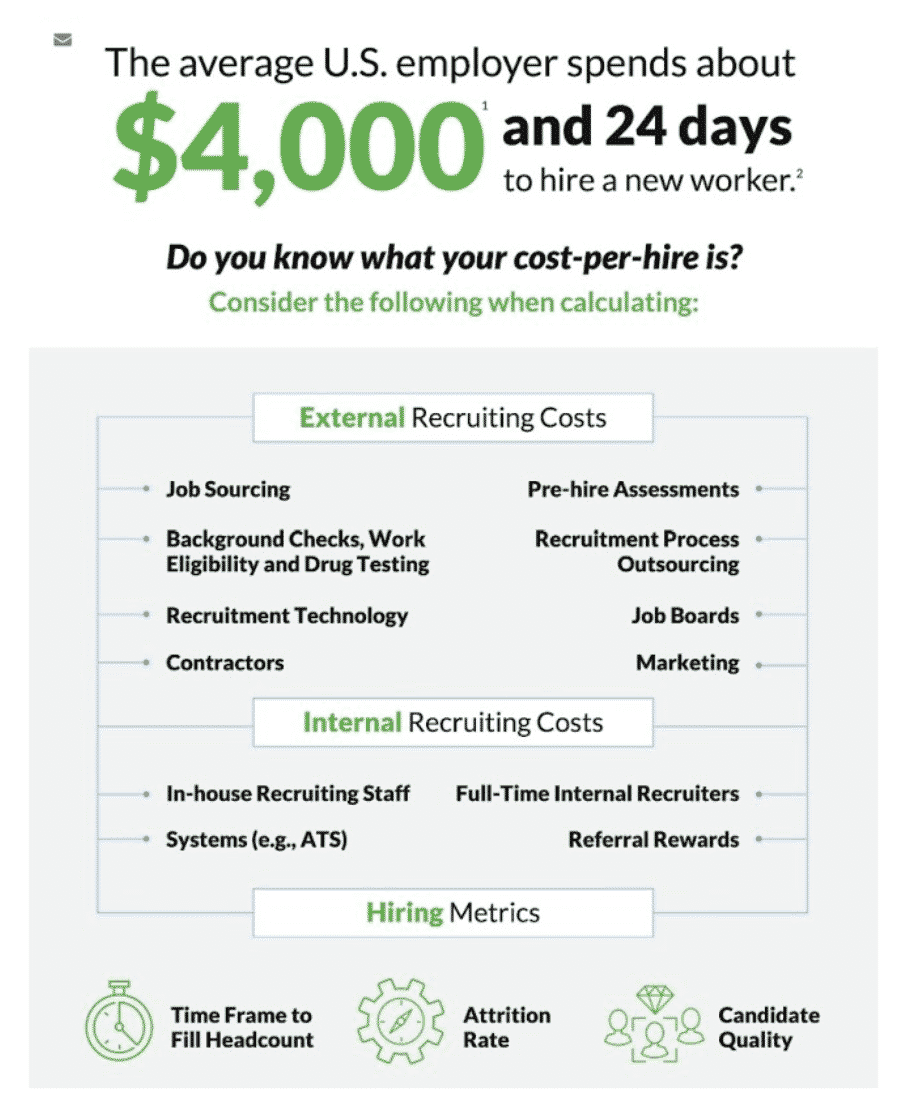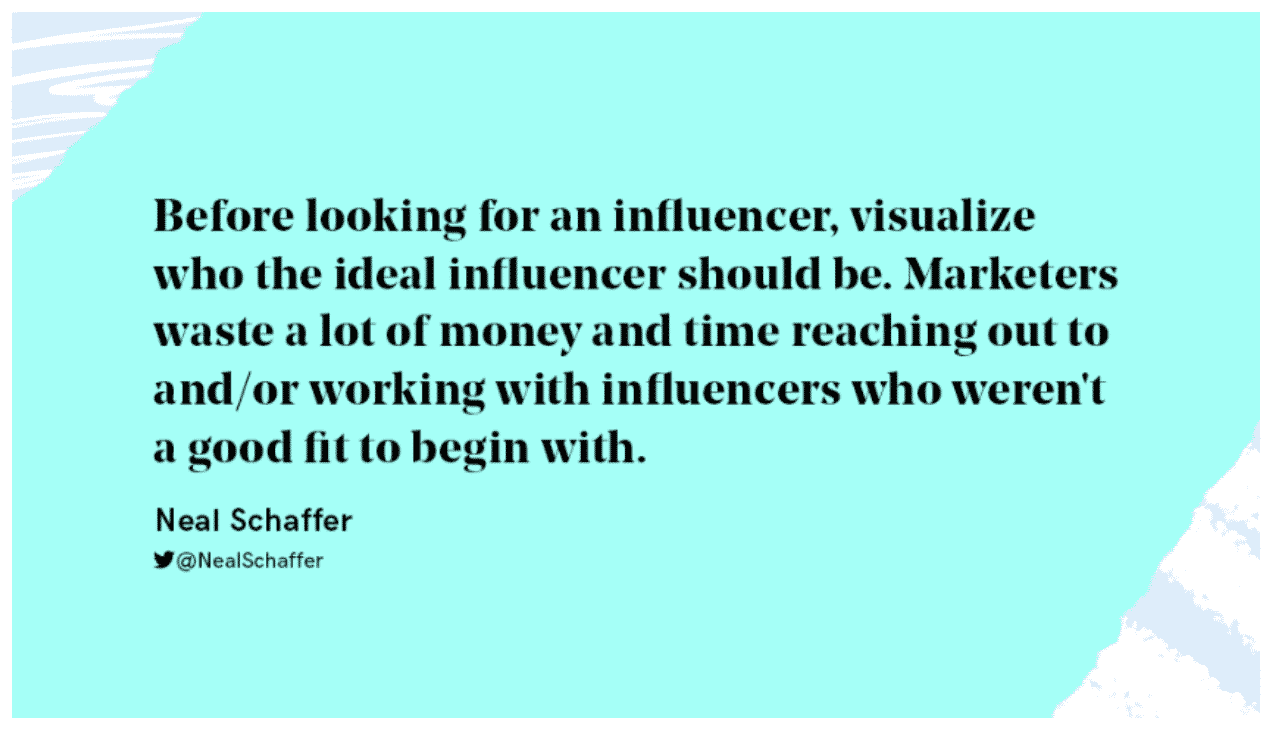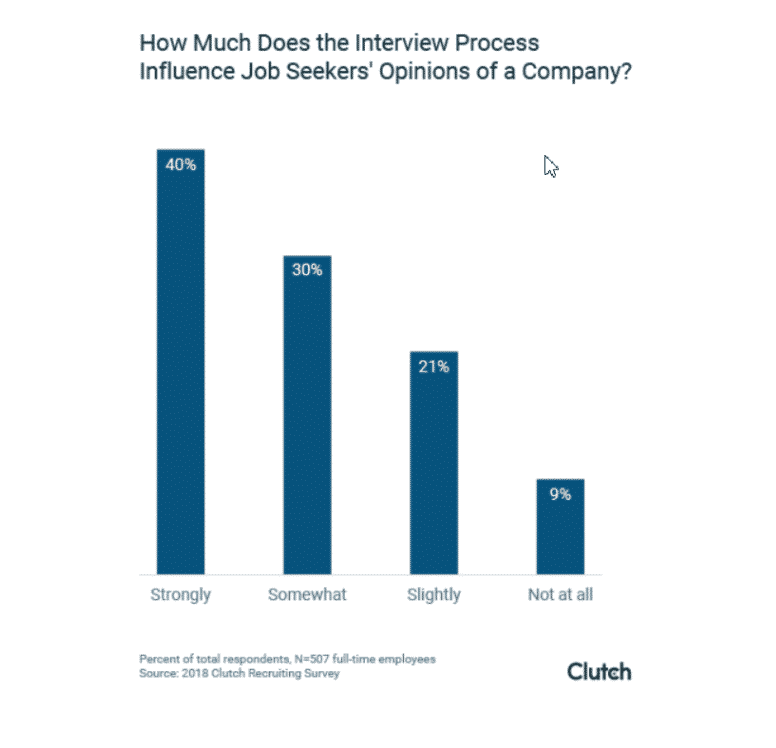Every company talks about the importance of their culture, whether they are now a remote workplace, or otherwise.
This workplace culture is both consciously and unconsciously built by its founders, its original vision, its hiring practices, and ultimately, its employees.
This culture evolves and never stays stagnant for long, which can be especially true for a brand new startup, for example.
“Oh, and by the way, remember that relaxing lounge/video game arcade you’ve been using every day for the last six months? Yeah, that’s been torn down for more desk space. We’re growing! Time be a team player.”
As sarcastic as this sounds, this transition is actually 100% natural and almost unavoidable within growing companies.
Think about it. Companies are more risk-averse when there’s more at stake. However, because of this, companies often lose sight of their original values, hiring employees (at all levels) based on performance over culture fit.
The key, then, for any organization is to maintain as much of their original company values and culture as possible, and for as long as possible.
In this article, we’ll dive into the top reasons why (and how) to hire based on a cultural fit and why you need to hire employees at all levels of the company that exhibits this mindset.
For that reason, it’s essential that you champion strong company values from day one and share them as far and wide as possible. This includes the company website, in meetings, in all networking and offsite events, virtual team-building exercises, and on the company walls.
So, how do you do this?
Companies might be able to save money by hiring freelancers or contractors, but the real cultural benefit comes from your internal employees and brand champions.
Why you should hire based on culture fit
When you hire someone, you expect them to be a valuable part of your organization based on hard skills and soft skills.
Employees can always learn valuable hard skills like starting a marketing blog or working with marketing automation, but soft skills are a huge factor as well. A person who doesn't believe in your company’s values could potentially become a threat to your positive work environment.
Relevant: 10 ways to assess and hire for remote culture fit
Here are some reasons why it’s best to consider a cultural fit while hiring:
1. Hiring is an investment of time and money
Bringing a new employee into your team is an expensive process. Not only does it cost you money, but also time and valuable resources.
Let’s take a closer look to see what happens during the hiring process.
The term ‘time-to-fill’ is used to measure the length of the whole hiring process, from the time you create a new job opening till you hire someone for the role. It shows you how many days it takes to fill a position once the need for a new employee has been established.
49% of companies say that it takes 7-14 days from the day the job application is received to the day an offer letter is sent. On the other hand, 24% of companies say that it takes 15-30 days for them to send out an offer letter.
Take a look at this infographic to know how much is invested in a new hire on average:

During this time, your current employees will have to take on additional responsibilities to ensure that work flows smoothly. Although this puts a little pressure on you to get someone on board quickly, you must never pick someone in a hurry.
Brian Greenberg of True Blue Life Insurance says “Most companies fall into the trap of either rushing the process and picking the first candidate or searching for the unicorn hire that will never come. Set your sights on people that are ambitious, and teach them to succeed in the role.”
Rushing the process or moving too slow can have impacts on culture mismatch, and the new hire may end up leaving the company soon because their values don’t properly align with the company.
Imagine this after all the hours gone in sifting through resumes, finding a potential fit, hiring the candidate, and then onboarding them with the right training or courses you’ve developed for the role.
There are also a lot of finances involved in interview preparation and hiring a person, so it’s best to pick someone who is the right cultural fit for the company.
2. Culture fit influences employee retention rate
40% of people who believe that a negative or toxic work environment would make them leave their jobs, attribute it to company culture and values.
Aspects of a company’s culture that lead to higher employee retention rates are the company’s support to employees for their professional growth, a better benefits package, and improved work/life balance.
The longer your employees stay within your company, the more likely it is for your company to build a stronger culture and reputation. This will attract better employees to your company, and further improve your employee retention rate.
More than 3 in 4 employees who quit a job due to company culture reasons such as career development, work/life balance, manager behavior, and work environment could have been retained by employers.
Relevant: How to manage toxic employees in the workplace

According to a report, in 2018, 27% of employees left their jobs voluntarily. By 2023, this percentage is expected to increase to 35%.
Retaining employees costs much less than hiring new ones, but unfortunately, companies have fostered a system in which people get financially rewarded for switching companies rather than for staying loyal.
Cultivating a good company culture and hiring employees that fit in with your culture will help improve your retention rate. It will also lead to increased expertise and capability of the team, and an inspired and enthusiastic workforce.
3. Culture fit fosters better collaboration and productivity
More than 5% of workers quit a company because of the work environment. The culture-employee misfit issue continues to pose a huge problem for companies.

On the brighter side, a good culture fit increases team bonding and collaboration, leading to better productivity and results.
Although it is never possible to ensure that every hire is active and involved in every activity taken up by the team, colleagues must be aligned in their thinking and have a common goal or purpose.
Even if a team member is great at what they do, if they spread negativity through the workplace, it could lead to dissatisfied colleagues and overall decreased productivity. If these issues are not addressed on time, it could lead to the loss of valuable team members as well.
You can always provide someone the collaboration tools and resources needed to learn a work-related skill, but you can never change the way a person thinks to align them with your company culture.
A review of 427 studies on work behavior revealed that bad bosses increase counterproductive behaviors in employees such as coming to work late and taking excessive breaks. Culture fit, on the other hand, fosters a positive work environment.Team dynamics play a key role in how employees work together, which is why cultural fit is crucial.
How do you hire based on culture fit?
There are many ways you can reach out to potential employees and find the ones that will fit into your company culture without any issues. Here are some of them:
1. Determine your company culture
35% of US job seekers state company culture as one of the factors that drive them to apply for a particular job role.
Displaying company culture and the overall vibe of the workplace on your company website helps job applicants paint a picture for themselves of what your company stands for.
Think about what’s important to you as a brand and the community you hope to foster within and let that reflect on your company’s website.
Here’s how entrepreneur, Garit Boothe, approaches his hiring:
"When hiring new employees, it's key to know exactly what type of person you're looking for. Not in terms of demographics, but in terms of skill set, moral values, and personality type. As a former tech company hiring manager and now an entrepreneur, I look for things like motivation, good work habits, communication skills, and team fit."
Also, don’t forget that there are 335 million users on LinkedIn. This means that there are tons of people online looking to make professional connections and possibly look for better job opportunities.
Extend your company values to your social media profiles as well. That way, you will attract more candidates who are a better culture fit for your company. At the end of the day, you want to be authentic on social media which means attracting your tribe on social media and repelling the wrong people.
2. Look for indications in the job application
When a candidate responds to your job posting, you can gauge them by their application. For instance, read their cover letter to understand what matters the most to them and why they are interested to work with your company in the first place.
An applicant’s cover letter is your first impression of their personality, qualifications, and career goals. Looking for the right signs will help you judge the candidate right.
Have they read your company values and do they feel that they align with them?
Have they highlighted the relevant experience and past activities that would match perfectly with the way your office works?
For example, you probably want to make sure that sales candidates can use basic technology like sending a fax from their phone to put a deal through, but what about other less obvious traits?
If you’re a remote start-up and hiring remote sales reps, then you probably want to find candidates who have remote work experience and understand how to use CRM tools to close deals, along with other remote work technology.
After all, you don’t want your data compromised or for remote employees to fall short based on technological disadvantages.
In short, the cover letter gives you a fair idea of what to expect from potential employees once they join your company. Be sure to use it!
3. Filter applications based on culture fit
You could give applicants a small test-task to check how they will fit in with your company culture. For example, as a fun test, you could ask them to create their own ‘About Me’ page or email signature.
Check to see how creative they are, what aspects they focus on, and if they are being clever in designing the email or web page.
You may not base your decision entirely on the results themselves, but on how resourceful the candidate was instead. For example, maybe the candidate came to the interview with actionable steps on how to update the company website (and statistics to back it up).
Or maybe they researched webinar software and realized that the company’s webinar and email funnels aren’t optimized as well as they could be.
Another simple task such as adding relevant social media handles on their email signature to platforms they are active on will show you how their mind works and whether they would be a good fit for your company.
And if you’re hiring for a social media or marketing-related position, take it a step further and have them schedule a social media post to prove their basic comprehension.
If your company is looking for an influencer to work with, they should search for someone who fits in with your company culture, or your campaign is going to backfire.
Having the wrong influencer represent you makes your company appear fake and disingenuous. So much so that fake influencer marketing has become a $1.3 billion dollar industry.

4. Talk about company culture in the interview
91% of recent hires agree that the interview process affects their opinion of the company, with 40% of those surveyed saying that the interview process strongly influences their opinion.

This is why you need to talk about your company’s culture and values while interviewing candidates. Using your calendar, set up a time to directly discuss company culture and what they are looking for too. Remember, good candidates will most definitely get other offers, and company culture matters to them.
Highlighting what makes your company culture different from your competitors’ will ensure that you get the right fit while hiring.
90% of job seekers believe that company transparency is important when they want to accept a job offer.
Being completely open about details like salary, benefits, and flexibility in work schedules will help you attract the best employees in terms of cultural fit.
5. Ask the right questions
Apart from asking questions related to the job, you could also ask potential employees a few rapport-building questions. This will sort of break the ice and give you an insight into what the person is actually like without the pressure of an interview.
For instance, ask them a question like “I noticed you went to X College. That’s a great school. What did you like best about it?”. A question like this would help you gauge the overall attitude of the person based on past experiences.
It is also important to ask the candidate questions related to the company’s culture and how they think they can adapt to it. Once you have shared the values of the company and how it works on a day-to-day basis, you can ask them how they used to do things at their previous company and what they feel they can contribute to this company if they are hired.
Relevant: Culture fit interview questions to ask
Conclusion
It pays to look beyond skillsets and experience when you are hunting for the right kind of employees for your company. Cultural fit should be equally as important on your checklist when hiring.
The hiring process needs to be strategic and streamlined since it’s a big investment for your company. After all, one single candidate could improve your employee retention rate, help in collaboration, better teamwork, and massively increased productivity in the long run.
Define your company culture and then customize your hiring process to maximize cultural fits. In interviews with potential candidates, don’t just talk about your company’s values, ask them about their own so you can understand how well they will fit into the structure of the organization.
Relevant reading: learn about hiring for culture add







